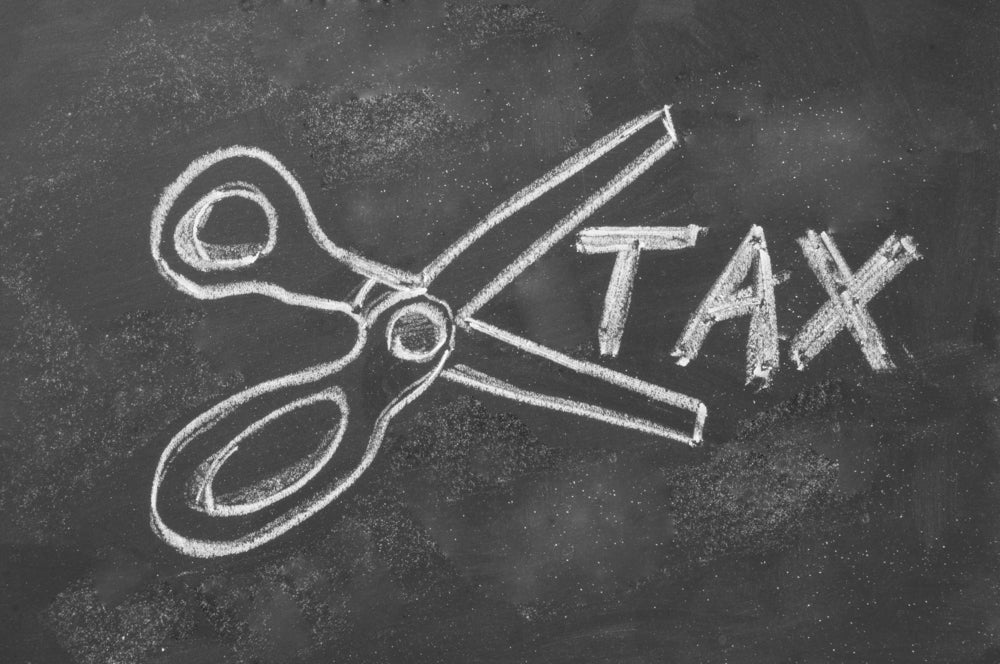Taxes are naturally an important consideration for any business owner, and those with their ear to the ground will already be aware that your office furniture is often tax-deductible. Taking advantage of these deductions involves utilizing the proper steps and format, however, and it pays to know your details here.
At Urban 9-5, not only do we offer a wide selection of quality office furniture, from tables and desks to seating options, lighting, rugs and more, but also assistance with important concepts like tax deductions and related themes. In addition, we're well aware that the past year and change has led to a greater volume of people creating home offices and working from home -- and there may be some significant tax benefits available to those in this position as well. Let's go over both these areas and the important factors you need to be evaluating within either of them.
Office Furniture Tax Deductions
Can you deduct office furniture from your business taxes each year? The answer is yes, but there are some important rules to be aware of when doing so.
For starters, the IRS allows a maximum of $5,000 in furniture deductions for new businesses -- or those that are most likely to be purchasing large quantities of furniture, such as accountants and lawyers. You can take advantage of this deduction for your office equipment in one of three ways: By amortizing the cost over the life of the desk or other piece (usually seven years), taking a depreciation deduction based on its useful life and value, or simply expensing it all at once.
Next, there are certain circumstances when choosing between these options will have to be made -- particularly when dealing with used or inherited furniture. In most cases, it will be preferable to expense the cost of such items (for example, if they're extremely old and unlikely to retain value), but there are very specific rules you need to follow for this.
Anything above $5,000 would be considered capital costs, which are not tax deductible. If you are buying a lot of high-end office furniture, it's possible to take advantage in the form of taking the deduction over several years, but this is only reserved for those with larger budgets.
If you purchase new furniture and do not plan on maximizing your deduction or expanding your office space in the near future, you can also take advantage of pre-planning and write off a large portion of the furniture at once. The downside here is that this could lower your initial cash flow, but the pros greatly outweigh this concern if you're set on making such purchases in the future anyway.
Items That Can be Claimed
While this is not an exhaustive list necessarily, here are some of the various office furniture items or equipment pieces that can typically be claimed as tax-deductible expenses:
- Desks and tables
- Chairs, couches and other seating
- Appliances, such as microwaves and refrigerators
- Filing cabinets, bookcases and storage units
- Printers, scanners and other office equipment
- Computers, software and related accessories
- Lighting fixtures
- Floors, wall coverings or decor items
- Monitors, speakers and other forms of technology
If you're looking to claim these items, it's important to keep detailed records of the item's cost (or your estimates thereof), how much time you use them daily or weekly (in order to get an idea of their average lifespan) and any other related expenses that may be necessary or additional.
If you have an item that we didn't include here, and you're unsure whether it will be tax-deductible, ask yourself a couple simple questions. Firstly, is the item necessary for the growth or operation of your business? Secondly, is the item something most businesses would have? If you're not sure, it never hurts to ask the IRS directly.
Home Offices and Tax Deductions
Now, the ways in which you can save money on taxes via home office deductions is slightly different than it would be for traditional businesses -- but there are still some key points to consider before filing your taxes each year. Generally speaking, no matter what industry you work in, using a portion of your home exclusively for business purposes will allow you to write deductions related to the area off. These can include:
- A percentage of your home's mortgage or rent
- Property taxes and other fees associated with owning such a property
- Utilities such as electricity and water that are directly related to the office space itself
If you run your business out of your home, it is vital that you keep detailed records of all the above. This includes keeping a log of each expense over the course of the year (or however long you plan to claim this deduction for), as well as any other necessary documentation related to your specific situation.
These deductions are not without limitations, however, and you'll want to speak to a professional accountant if you plan on using this method. For instance, bathroom fixtures or upgrades cannot be written off, but normal home services like electric, internet and even minor repairs generally can be.
The key here is organization and preparation; don't wait until the end of the year to claim expenses, and remember that most software or apps designed for business help you stay organized and mindful of all the necessary forms and procedures. And if you ever have questions, our team is experienced in guiding clients in the right direction with regard to office or home office tax deductions.
For more on the tax benefits you should be taking advantage of for your office or home office furniture, or to learn about any of our office furniture products, speak to the staff at Urban 9-5 today.
